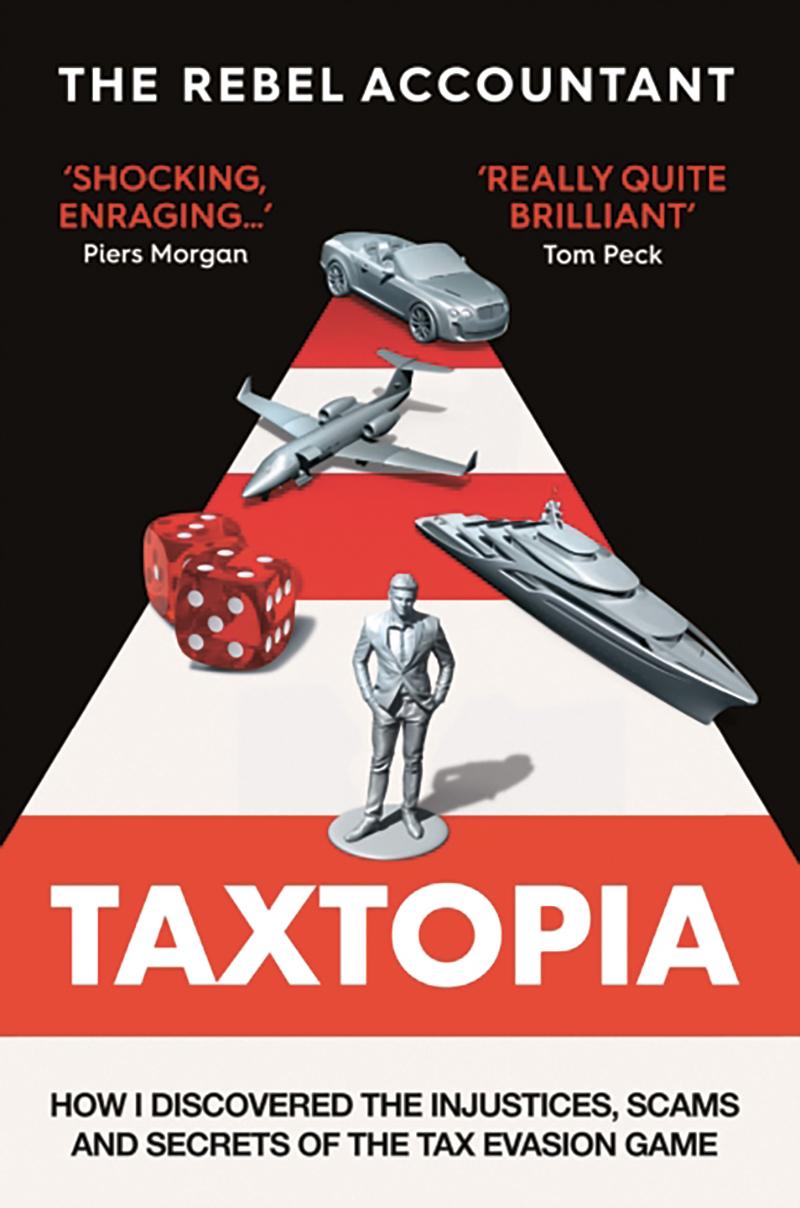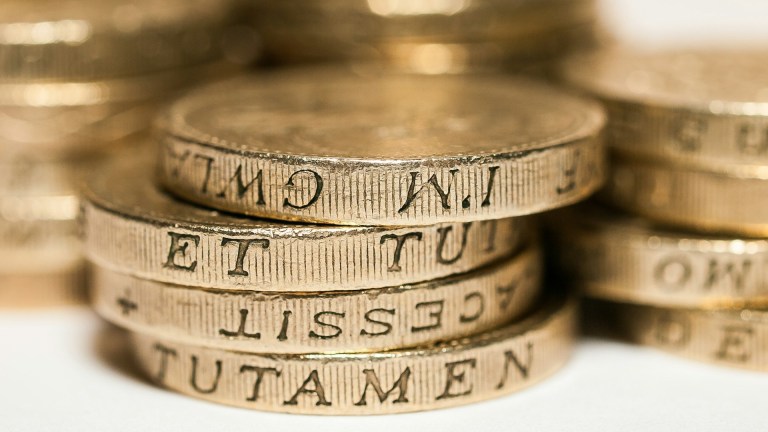Why the tax system is so confusing
Tax could be so simple that everyone understood it, but then 100,000 accountants would have nothing to do, so instead we have a bewildering array of different taxes and thresholds and exemptions and tens of thousands of pages of legislation to get lost in. You should ask in whose interest is it to have such a complex system. Because it’s certainly not in your interest. The complexity allows the government to raise your taxes while giving tax cuts to millionaires without you noticing. Which is exactly what they’ve done.
Do I pay more tax than the richest man in the world?
One of the crazy things about tax planning is that once you get to a certain level of wealth you no longer need any income at all, so you no longer need to pay income tax. Elon Musk’s only salary from Tesla is minimum wage. When he needs cash he can borrow it, using his Tesla shares as collateral. Jeff Bezos was reported to have paid a billion dollars in tax (which in fairness is more than I’ve paid), but it was on an income of $4bn. So he paid a 25 per cent rate. The average Brit (or American) will be paying a significantly higher rate than that.
How you can get richer by buying a yacht
Oh, this is easy, providing you have a vast amount of offshore income. Let’s assume you do. In which case the problem you’ll have is that this foreign income will be taxable in the UK if you are “tax resident” in the UK. In brief, you’re tax resident if you live here for most of the year. So to avoid tax on your offshore income you simply need to spend some decent time outside the UK. But the catch is that if you stay in one place for too long then that country will tax your offshore income. So you need to keep moving. You could just rent a whole load of villas, but having your own yacht makes the country-hopping a lot easier. You can get some pretty decent yachts for around £25 million.
Other tricks rich people use to stay rich that you could try
One of the main reasons that wealth inequalities persist is that the two most significant things that the mega-rich own – businesses and land – are exempt from inheritance tax, meaning vast wealth can be passed down the generations tax free. If you can’t quite stretch to buying a few thousand acres of Scottish Highlands or your own business empire, there’s a simple loophole you could use to dodge inheritance tax just like the super-rich do: If you buy shares in companies that are listed on something called the Alternative Investment Market your investment will be exempt from inheritance tax.
- These millionaires want to be taxed more. Here’s why
- 15 ways Rishi Sunak hiked tax while his family avoided it
- Tax fraud 23 times less likely to be prosecuted than benefits crime
Your support changes lives. Find out how you can help The Big Issue help more people by signing up for a subscription
You pay much more than the official income tax rate
There’s a notorious con at the heart of our system: national insurance contributions. Many people think that NICs pay for pensions or hospitals, but they don’t. They’re just another form of income tax. To work out how much tax you’re really paying you need to include NICs. This is where things get shocking: If your boss had £100 available to pay you a bonus, they usually have to pay just over £12 of it as NICs, so you actually only get an £88 bonus. Then on that £88 you pay 20 per cent income tax and another 12 per cent of NIC. That means you’re left with under £60 out of that original £100.











